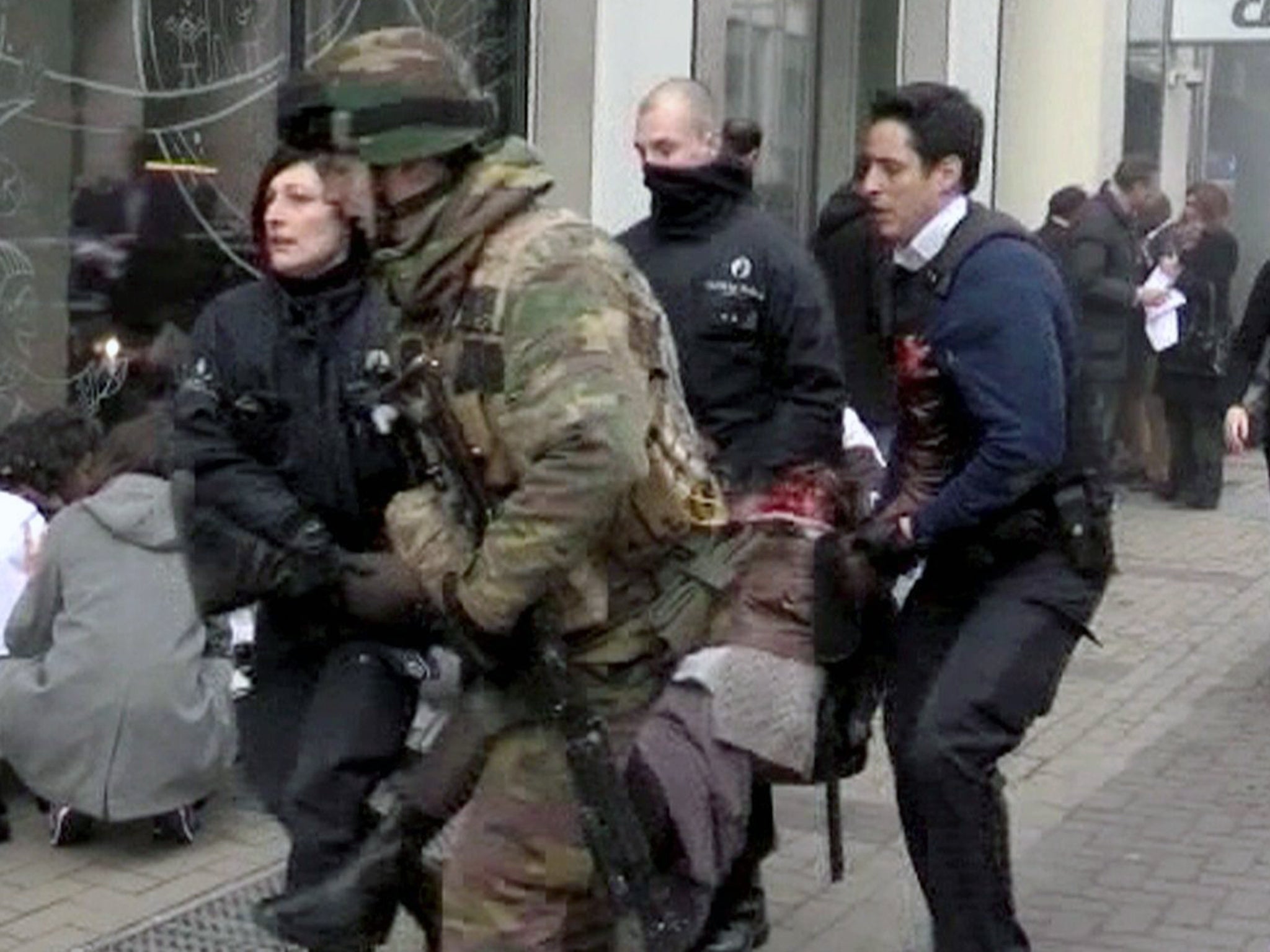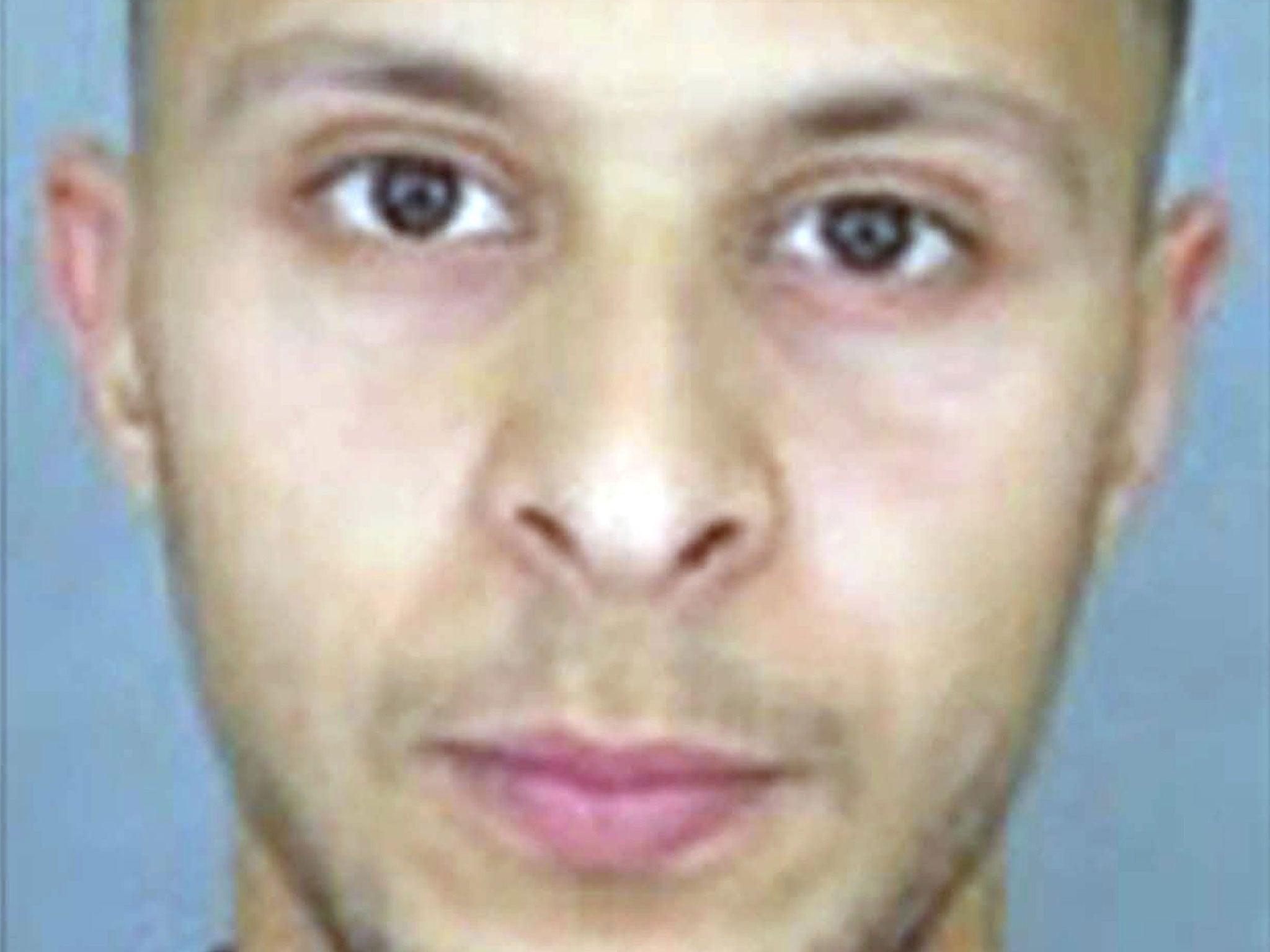Brussels terror attacks: Fears blasts may be revenge for Paris suspect Salah Abdeslam's arrest
Belgium's foreign minister had warned arrested man was 'ready to restart something from Brussels, and it’s maybe the reality'

Your support helps us to tell the story
From reproductive rights to climate change to Big Tech, The Independent is on the ground when the story is developing. Whether it's investigating the financials of Elon Musk's pro-Trump PAC or producing our latest documentary, 'The A Word', which shines a light on the American women fighting for reproductive rights, we know how important it is to parse out the facts from the messaging.
At such a critical moment in US history, we need reporters on the ground. Your donation allows us to keep sending journalists to speak to both sides of the story.
The Independent is trusted by Americans across the entire political spectrum. And unlike many other quality news outlets, we choose not to lock Americans out of our reporting and analysis with paywalls. We believe quality journalism should be available to everyone, paid for by those who can afford it.
Your support makes all the difference.As Belgian authorities scramble to respond to three deadly explosions in Brussels, suspicion will inevitably grow that the blasts are linked to the arrest of a suspect in last year's Paris attacks.
At least 26 people have been killed in the the apparent terror attacks in the city's Zaventem airport and Maelbeek metro station.
Although no terror group has claimed responsibility yet, comments just days ago from Belgium's foreign minister fuel speculation the explosion may be related to the arrest a few miles away on Friday of Saleh Abdeslam.
Speaking just after the arrest, Didier Reynders said Abdeslam had been planning more attacks on Belgium while on the run from authorities hunting him over his alleged role in the co-ordinated terror attacks on Paris in November.

He said Abdeslam was "ready to restart something from Brussels, and it’s maybe the reality".
Mr Reynders said on Sunday that authorities were taking the claims seriously as "we found a lot of weapons, heavy weapons in the first investigations, and we have seen a new network of people around him in Brussels".
Abdeslam was charged with "terrorist murder" in Belgium on Saturday and his lawyer has said he will fight his extradition to France to face charges there.
The 26-year-old's arrest followed a five month manhunt after he allegedly took part in a string of Isis inspired terror attacks in Paris in November which killed 130 people.
He is believed to have fled the city after "backing out" of a suicide attack with his brother Brahim at the Stade de France football stadium.
An unused suicide belt was found in the suburb of Montrouge 10 days after the attack.
Raffaello Pantucci, an international security expert for the Royal United Services Institute (RUSI), said: "The reality is we have got a situation where there is a very large network of people in Belgium and France.
"When Abdeslam gets arrested, you will have the network around him all starting to panic.
"If you have problems building up, or people thinking about doing stuff, they might accelerate any planned attacks.
"If you have something you are thinking of doing, you will speed it up. Whereas before, you might have waited.
"You are concerned about what might get exposed and the last thing you want to do is get captured.
"It wouldn't surprise me if it was part of that network but we cannot know for sure."
Witnesses to the attacks in Brussels described people fleeing the airport terminal after two loud explosions were heard near the American Airlines check-in desk at around 8am (7am UK time).
Another explosion was reported shortly after at the Maelbeek metro station with another 15 people reportedly killed.
Belgium's federal prosecutor described the blast as "suicide attacks".
Join our commenting forum
Join thought-provoking conversations, follow other Independent readers and see their replies
Comments